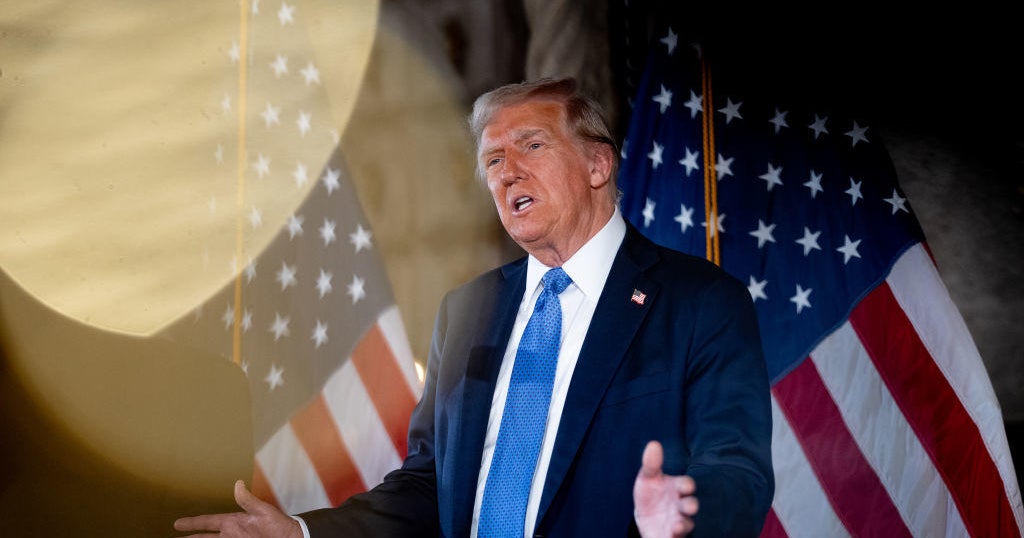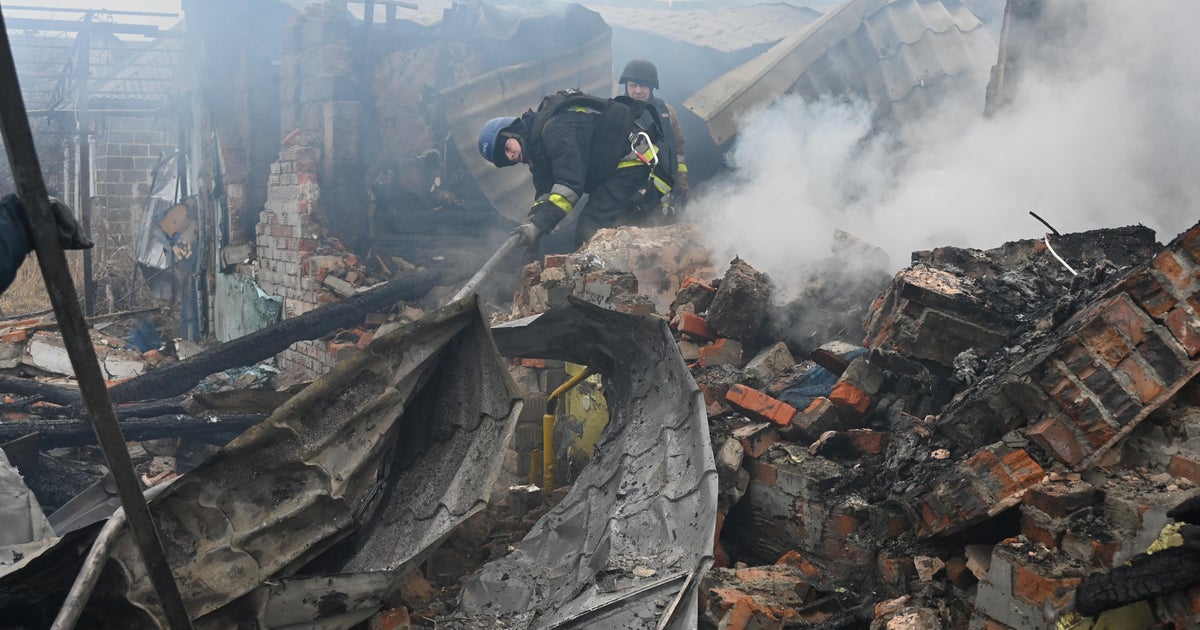Democratic presidential candidates struggle to keep up with Senate hopefuls in fundraising
While running a statewide campaign isn't cheap, the cost pales in comparison for what it takes to fund a successful presidential run. Yet when it comes to raising money, a number of the 25 Democratic candidates for president are struggling to keep up with their party's Senate candidates.
In 2018, Democrats flipped an Arizona Senate seat for the first time since the 1980s. Now they're trying to take the other seat. In the second fundraising quarter of 2019, veteran Mark Kelly raised $4.2 million dollars in his race against Republican Sen. Martha McSally, topping the $4.1 million he raised in the first quarter of the year.
Next door in New Mexico, Rep. Ben Ray Lujan raised $1.1 million since announcing his bid April 1st for the seat was vacated by Sen. Tom Udall.
Farther north in Colorado, two Democratic Senate candidates have also raised more than a million dollars in the fundraising quarter. Mike Johnston raised $1.6 million and Dan Baer raised more than $1 million in their efforts to win the Democratic nomination against Sen. Cory Gardner.
By contrast, former Colorado Governor John Hickenlooper, a candidate for president, has only raised $1.1 million in the same fundraising period. He has pushed back on suggestions that he should be running for the Senate instead, saying it's just not his calling.
Other Democratic presidential contenders are having trouble keeping up with Senate candidates. Rep. Tim Ryan, for example, brought in less than $900,000 last quarter, while Rep. Seth Moulton brought in $1.2 million and New York Mayor Bill de Blasio raised $1.1 million.
Meanwhile, Amy McGrath, a combat veteran who lost her bid for a House seat last year, pulled in $2.5 million within 24 hours of announcing her longshot bid to unseat Senate Majority Leader Mitch McConnell. And Jaime Harrison, who is challenging Sen. Lindsey Graham, broke the record for a Democratic Senate challenger in South Carolina with a $1.5 million haul in the second quarter.
Kelly alone outraised a number of presidential candidates last quarter, including Sens. Amy Klobuchar, Michael Bennet and Kirsten Gillibrand. The former astronaut's $4.2 million was more than double what Montana Gov. Steve Bullock has raised so far. Former Rep. Beto O'Rourke, who like Bullock and Hickenlooper was encouraged to run for the Senate instead of the presidency, raised $3.5 million last quarter, also lagging behind Kelly.
Several major Democratic donors have expressed frustration to CBS News about the number of candidates running for president, soaking up resources that could otherwise go to down-ballot races. They also note that a new Democratic president's agenda would be immediately hamstrung if McConnell and his Republicans remain in control of the chamber.
McConnell was brought up on several occasions in last month's Democratic presidential debate. At one point, moderators pressed the candidates on how they would deal with him should they win the presidency.
"Number one, sure, I want to see us get a Democratic majority in the Senate. But short of a Democratic majority in the Senate, you better understand the fight still goes on," said Sen. Elizabeth Warren.
There are 34 seats up for reelection in 2020, and 22 of them are held by Republicans. Democrats need to win at least three seats to flip the Senate. Republicans, however, are hopeful that they can pick off some Democratic incumbents, such as Alabama Sen. Doug Jones, and enlarge their majority.
The good news for Democrats is that a number of their possibly vulnerable incumbents are raising good amounts of money. New Hampshire Sen. Jeanne Shaheen, for example, raised $1.9 million last quarter, while Michigan Sen. Gary Peters raised $2.4 million, which both broke records for second quarter fundraising in an off year.



